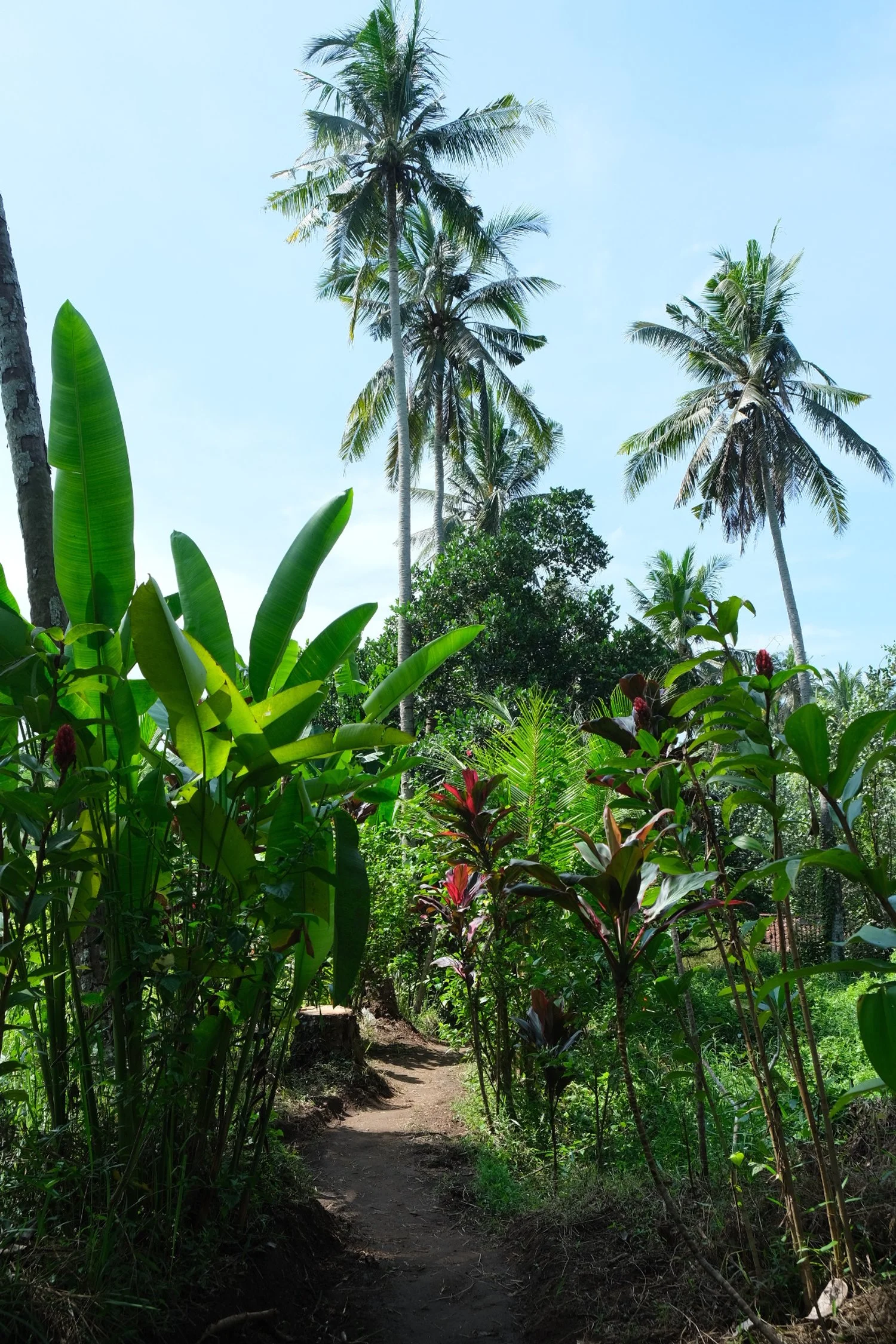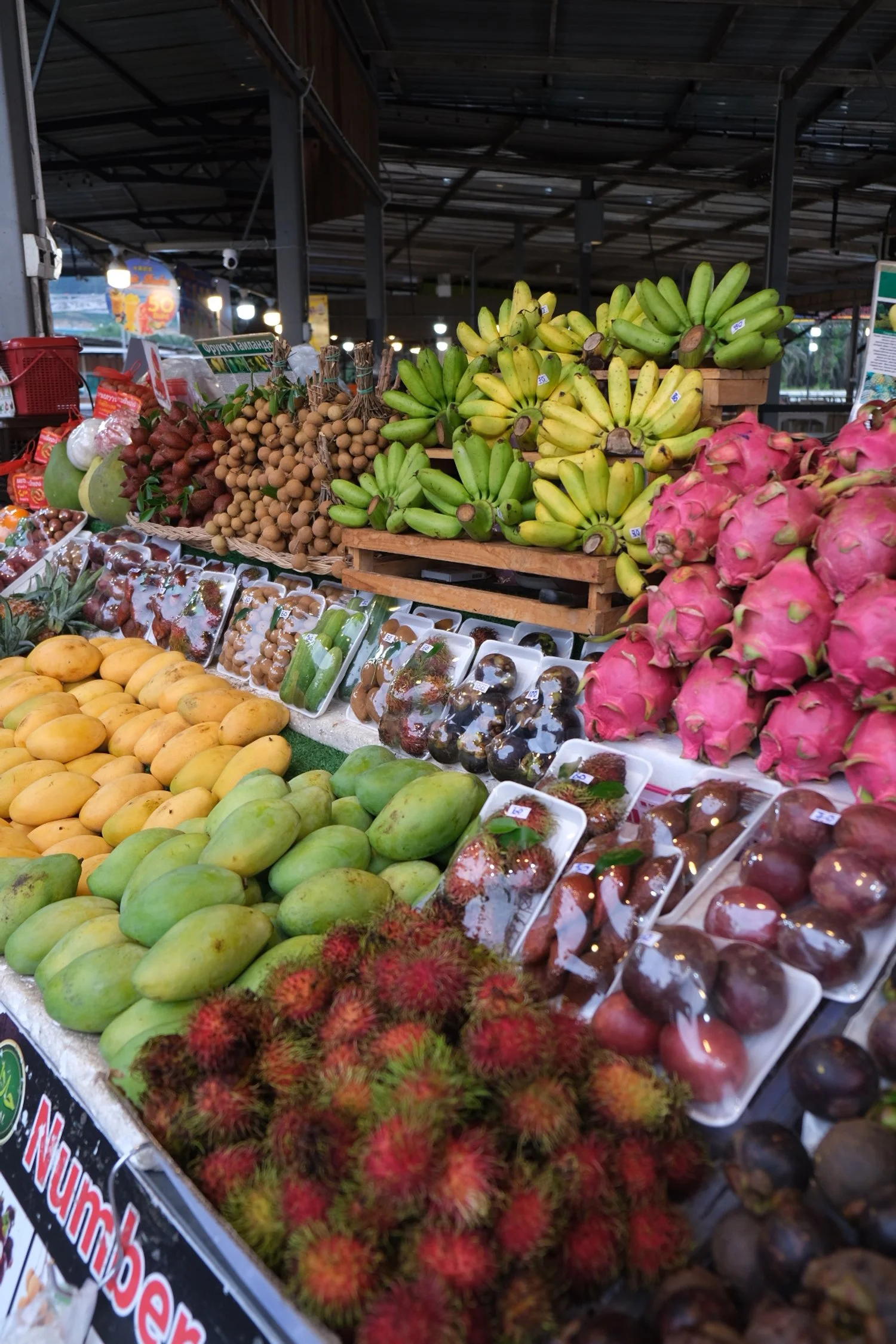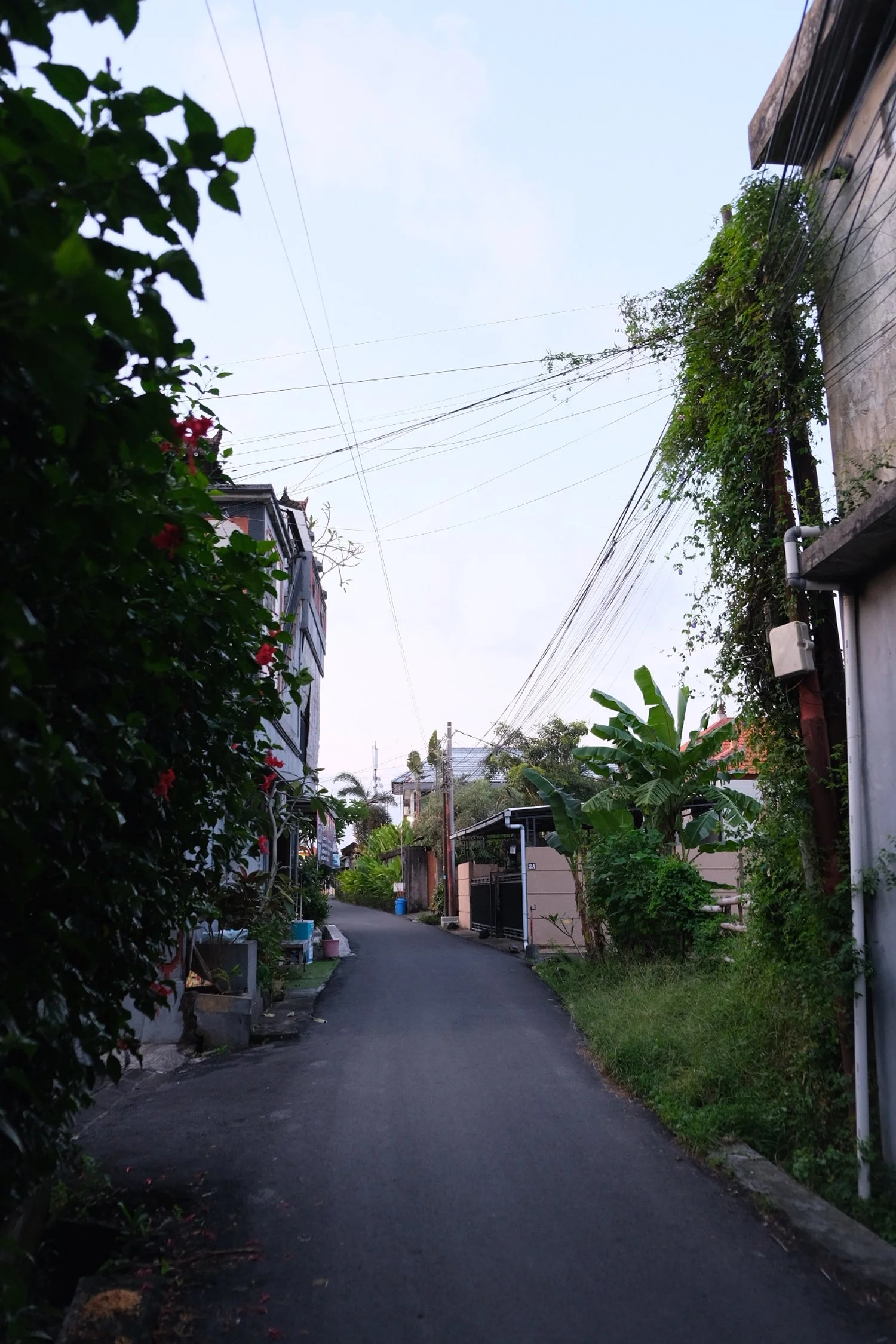Planning on travelling? This post is for you…
It’s fair to say that travelling, whether it’s for a holiday, work, or visiting friends and family, can make it difficult to keep up healthful habits. From general nutrition and food choices, to exercise, journaling, or meditation, the things you do for you are much easier when you have greater control over your environment.
Knowing that my partner and I were travelling for multiple months on end, I was very aware that my mind and body needed a rest from my general routine and busy lifestyle but was determined to not let all my healthful habits fall away. A few months into being overseas and jumping from one country to the next, these are the areas of focus that grounded me in maintaining some good habits, whilst enjoying the adventures that come along with travelling.
Choose whole foods where possible: Being away from home can often also mean having less access to healthful foods you usually consume, supplements you may integrate, or cooking methods you may prefer. Keeping things simple and leaning into meals made of whole-food ingredients, meaning foods that are in their whole/original state, was a bit like a mediator for my food choices. This being said, eating the local cuisine whilst travelling in Asia makes this easier with an array of stir-fries, salads, and noodle soups easily accessible (and cheaper too). Think fruits and vegetables, whole grains, meat, eggs, nuts, and seeds.
With this being said (and you are travelling for leisure), trying the not-so-healthful foods (that you can’t quite back at home) is healthy to have to do too. Really? Yes, enjoy yourself (maybe don’t have them every day), but trialling new cuisines, tastes, and flavours is all about the experience.
If you are someone travelling with allergies or intolerances, I do recommend reaching out to restaurants before dining and using Google Translate to make requests or enquire about whether they can serve you. As a vegetarian, I mostly asked for them to leave out meat in dishes or swap it for tofu or egg, which they were happy to cater for.
Maintain daily movement: I have always been a morning person, and therefore using this time to move my body works well for me. I feel great benefit in its ability to move energy within the body, whilst increasing the production of the feel-good hormones of dopamine and serotonin. Knowing this about myself, the way that I moved my body evolved over the last few months, depending on where we were located and access to equipment. In the first month whilst we were in Japan, we stayed in Airbnbs across multiple destinations. For me, movement at this time looked like waking intuitively (often before the others we were staying with had woken) and undertaking yoga asana (the movement practice of yoga). After a month or so, we found locations where I had access to a gym and was able to transition to greater intensity of movement, each of which provided different equipment. Again, waking early suited me, whilst every couple of days taking the morning to rest (as I would whilst home).
Outside of this intentional exercise, our travels included lots of walking/hiking, also termed NEAT (non-exercise activity time), and on these days we may rest in the morning in preparation for the active day ahead.
With this in my mind, I know not everyone is a morning person. Like most habits, it's easier to perform the habit at a similar time each day, so finding a time and movement form that works for you is ideal.
Regular sleep and wake time: when it comes to being a creature of habit, a regular sleep and wake time is probably one of the most important, yet underrated, habits to maintain. Why? Having regular sleep and wake times is essential to maintaining the body's circadian rhythm, a cyclical system that coordinates physical, mental, and behavioural systems of the body. The release of different hormones and neurotransmitters supports a variety of functions, from digestion to immune and endocrine function and nervous system regulation, as well as optimising the deep rest and recovery that occurs overnight whilst you sleep. Yes, this is why jet lag makes you feel not so good in the days following a long-haul flight to a new zone.
So with this being said, a good guide to follow is waking and going to bed within one hour of your usual sleep and wake time. This level of variation is minimal (but leaves some space for intuitive sleep-ins and the evening adventures) whilst keeping your body clocks happy.
In relationship to jet lag, there is no real way to get around it, other than to perform tasks and behaviours, like eating and sleeping, at similar times to your new destination in small increments closer to their time schedule in the days leading up to travelling. If you are interested in learning more about this topic, neuroscientist Andrew Huberman extends much deeper into the topic of jet lag and other lifestyle factors affecting sleep in the podcast provided below.
Maintaining good hydration: keeping fluids up whilst away from home, especially when travelling to warmer climates, is essential to maintain healthy functioning of many systems within the body. I am sure you have heard of statistics such as your body is made up of 60-70% water, and therefore we need to continuously consume water as it is used up across various bodily systems. Therefore, I’ll try to keep this last one simple.
You’ll notice I stated keeping fluids up, rather than simply water, as hydrating oneself can be done via multiple beverages that contain water, which hydrate us and at times are better absorbed due to the glucose and sodium that they come with. So drinking water, as well as milk, juice, coconut water, and yes, even coffee, contributes to your body's hydration. For those who are interested, here is a link by mysportsscience.com, which goes into greater detail on hydration via different beverages.
https://www.mysportscience.com/post/2016/10/17/hydrating-properties-of-various-drinks
I want to finish by saying that YES… travelling is an opportunity for rest and exploration, but also to go with the flow. So maybe you are really good at sticking to one or two of these simple habits above and not so good at the others, and that's ok too. Listen to your body, allow your mind to be at ease, and see what works for you.



